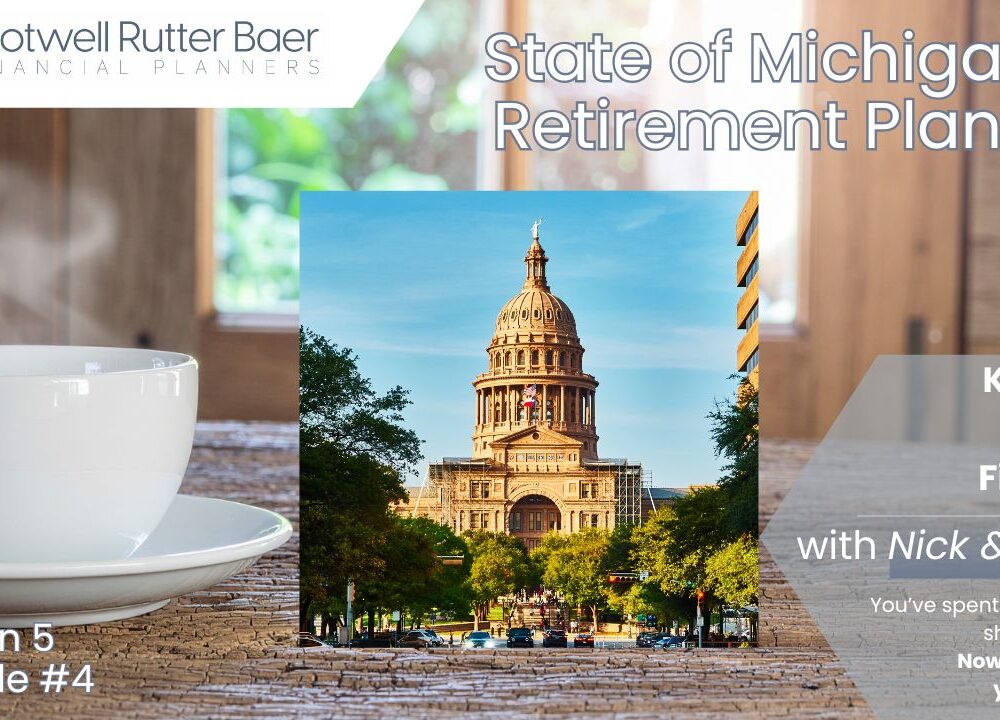Ep 112: Thoughts on the Silicon Valley Bank Failure
Podcast: Play in new window | Download
Last Week Silicon Valley Bank collapsed. Nuveen’s asset managers noted it was the fastest bank failure in history, the result of management missteps, a challenging interest rate environment, a narrow client base whose businesses were also sensitive to the interest rate environment, and customers who talk amongst themselves. While none of this is great, the good news is that none of this seems to spell a bigger threat to the American banking industry.
There has been a lot written already by folks smarter than me offering an autopsy of exactly what happened at SVB, but in a nutshell here are the highlights.
The bank’s customers were mostly tech companies and start-ups, and the venture capital companies that those companies work with. As the tech sector boomed during 2020 and 2021, those companies had extra cash to deposit and SVB grew. The bank invested its excess reserves in things like long-term treasury bonds, which are perfectly safe if held to maturity. However, when interest rates rise, as they did in 2022, those long-term bonds go down in value and aren’t worth what they will eventually be worth when they mature.
At the same time, SVB’s customer businesses are also very interest rate sensitive. When rates go up startups and tech companies can’t borrow easily and need to call on the reserves of cash they had stockpiled, withdrawing their funds. This meant that SVB needed to liquidate a portion of its portfolio to cover those withdrawals at a loss. This made the bank’s balance sheet look… not good. When word got out among some of their clients that they were liquidating bonds at loss to cover withdrawals, those clients in turn withdrew their money, forcing more sales. A downward spiral and a classic bank run. That’s when the FDIC stepped in and shut the bank down.
What does the SVB collapse mean for the bigger picture?
Probably not much. The issues that caused SVB to fail are not the same issues we saw in the financial crisis, where the culprit was widespread over-borrowing in the housing market. While there has already been one other small bank with a similar balance sheet that has failed, these issues are not likely to hurt the regional and national banks meaningfully. However, as of this morning there is renewed scrutiny of some major banks such as Credit Suisse, so we will continue to monitor this situation.
The main issue was that the SVB was using long-term assets to cover short-term liabilities. Most of the time, they would have gotten away with it, but the quick rise in interest rates last year changed that equation. Banks and regulators will probably not look at their bond portfolios the same way going forward and will take “duration risk” into account as well as other risks.
What does the SVB collapse mean for everyday investors?
- For our portfolios, not much. Our models are extremely diversified and the failure of SVB alone is a non-event. Bank stocks were very volatile over the last week as investors worried about the trouble spreading, and these fears may continue for a while until investors are reassured. We would expect it won’t take long for the market to get back to watching the Fed and inflation data and not worrying so much about the banking sector.
- Be mindful of the FDIC insurance limits on your bank holdings. The current limit is $250,000 per account holder per bank. While the risks, in general, are low, if you are over the limit in one bank consider moving the excess to a different institution. If you are unsure of your limits, here’s a link to a handy FDIC Insurance Calculator: https://edie.fdic.gov/calculator.html
- One concern we shared regarding SVB was that it might affect brokerage money market funds, as that happened in 2009 when Lehman Brothers failed. While every investor was eventually paid, some money market funds were frozen for a few months. This appears to be a non-issue with SVB, but to avoid any similar risks investors should stick with either a treasury-backed money market or an FDIC-insured money market (our default for client accounts is TD Ameritrade’s FDIC-insured money market).
- For clients who are significantly over the FDIC limits at their bank, we can purchase FDIC-insured certificates of deposit inside investment accounts. We can have multiple bank issues in one investment account, and as long as we are below the limit for any individual bank we can get FDIC insurance on large amounts in one convenient account.
About Shotwell Rutter Baer
Shotwell Rutter Baer is proud to be an independent, fee-only registered investment advisory firm. This means that we are only compensated by our clients for our knowledge and guidance — not from commissions by selling financial products. Our only motivation is to help you achieve financial freedom and peace of mind. By structuring our business this way we believe that many of the conflicts of interest that plague the financial services industry are eliminated. We work for our clients, period.
Click here to learn about the Strategic Reliable Blueprint, our financial plan process for your future.
Call us at 517-321-4832 for financial and retirement investing advice.
Share post:
